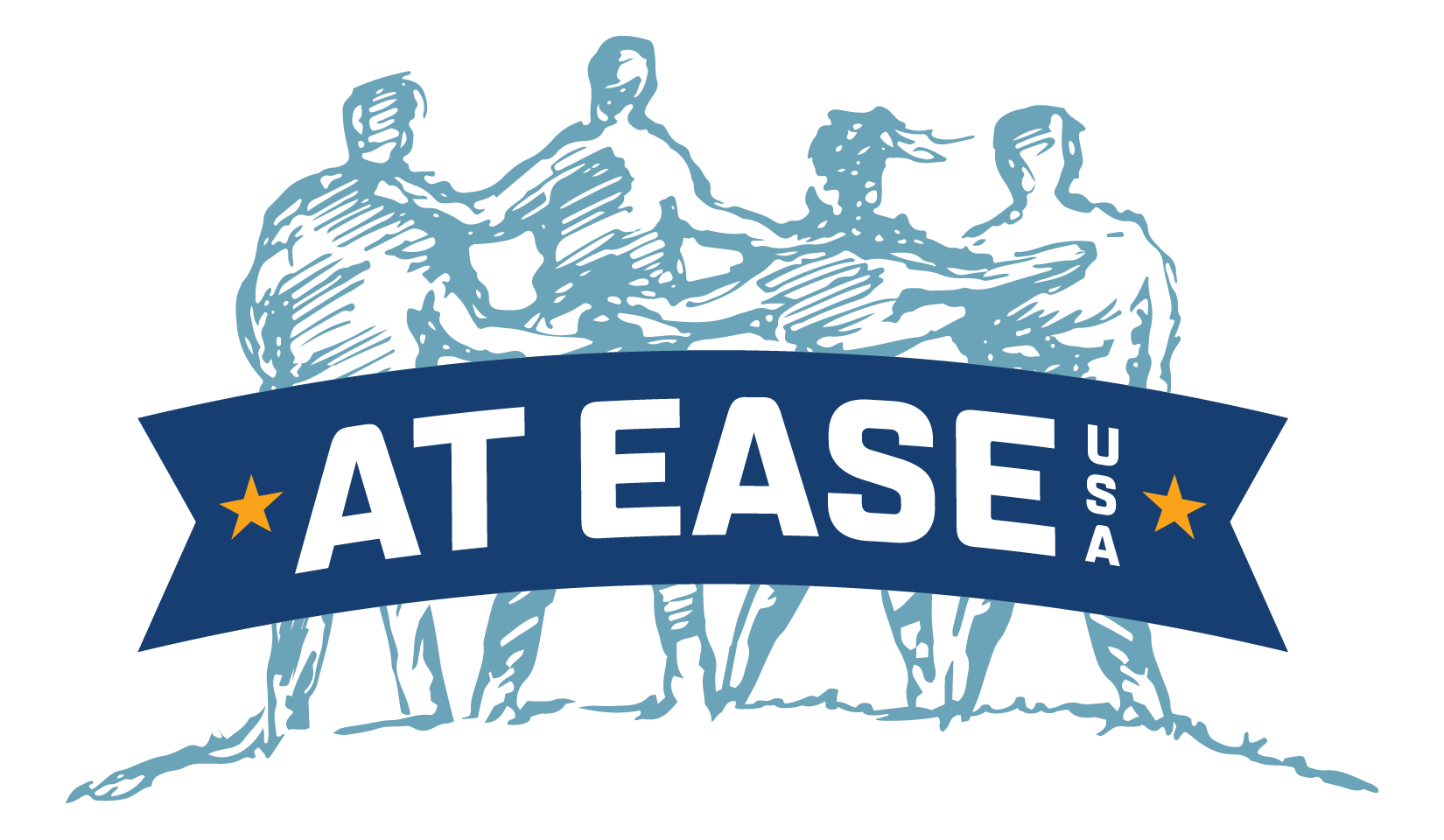About PTSD
Post Traumatic Stress Disorder
PTSD is a disorder that develops in some people who have experienced a shocking, scary or dangerous event.
It is natural to feel afraid during and after a traumatic situation. Fear triggers many split-second changes in the body to help defend against danger or to avoid it. This “fight-or-flight” response is a typical reaction meant to protect a person from harm. Nearly everyone will experience a range of reactions after trauma, yet most people recover from initial symptoms naturally. Those who continue to experience problems may be diagnosed with PTSD. People who have PTSD may feel stressed or frightened even when they are not in danger.
0
%
One out of every five deployed troops will develop Post Traumatic Stress Disorder — many troops and their families returning to Nebraska will undoubtedly require mental health services.
Signs & Symptoms
Not every traumatized person develops ongoing (chronic) or even short-term (acute) PTSD. Not everyone with PTSD has been through a dangerous event. Some experiences, like the sudden, unexpected death of a loved one, can also cause PTSD. Symptoms usually begin early, within 3 months of the traumatic incident, but sometimes they begin years afterward. Symptoms must last more than a month and be severe enough to interfere with relationships or work to be considered PTSD. The course of the illness varies. Some people recover within 6 months, while others have symptoms that last much longer. In some people, the condition becomes chronic.
A doctor who has experience helping people with mental illnesses, such as a psychiatrist or psychologist, can diagnose PTSD.
To be diagnosed with PTSD, an adult must have all of the following for at least 1 month:
At least one re-experiencing symptom
At least one avoidance symptom
At least two arousal & reactivity symptoms
At least two cognition & mood symptoms
Re-experiencing symptoms include:
Flashbacks
reliving the trauma over and over, including physical symptoms like a racing heart or sweating
